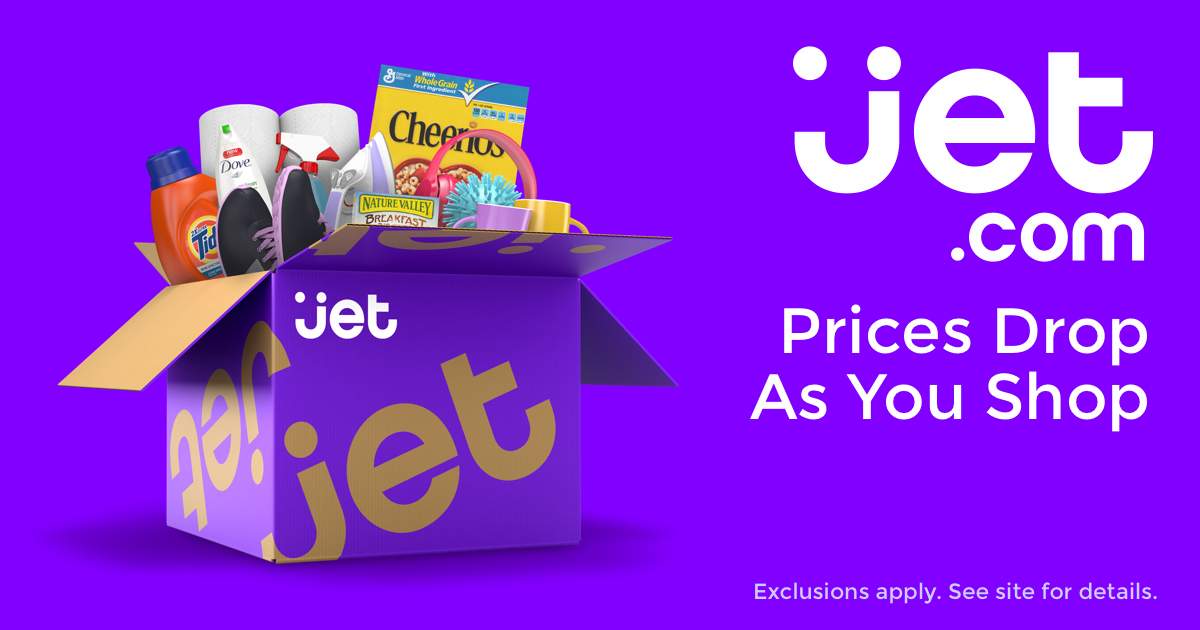Industry News & Events, Mobile App Growth
Building a company against the Frightful Five
Apr 18, 2018

Industry News & Events, Mobile App Growth

Launching a tech startup is easier than ever. With cloud platforms eager to shower entrepreneurs with free credits, low-maintenance point-of-sale tools, accessible human resources outsourcing, and a slew of other new tools, you have more time to think about building a great product and can spend less time worrying about the bureaucracy of merely operating.
But when I say it’s getting easier to launch a tech startup, I’m not saying tech startups are easy. For all the conveniences available to anyone with an idea and an internet connection, it’s now as hard as ever to stay afloat. There’s an irony to this—it’s the makers of the tools that are most helpful to internet entrepreneurs that make it so hard for their fledglings to fly after getting pushed out of the nest. The phenomenon I’m describing is the “Frightful Five.”
The Frightful Five are Facebook, Amazon, Google, Microsoft, and Apple—all companies that dominate their markets. Amazon now owns nearly half of the U.S. e-commerce market. Google and Facebook account for almost three quarters of all U.S. digital advertising, according to one analyst. You can probably see where I’m going with this. If it’s a thing on the internet, one of these five beasts has probably devoured a substantial portion of it. And if your startup is competing in an area of interest to the Frightful Five, get ready for a rough ride.
So what can you do to stake out your space and keep it? More than you might think. Finding your success starts with defining it.
The tech world is largely fueled by venture capital, which wants maximized returns, so it can be easy to think that you’ve only succeeded when you’ve conquered the market and 10x’d returns for your investors. If you’re competing with the Frightful Five, stop thinking like this—you can be a huge business if you take just a sliver of the markets these companies gravitate toward, so don’t worry about market share.

Also, you aren’t obligated to measure success by investor standards. What do you really want to accomplish? Are you looking to employ a small group of talented people, pay them enough that they can buy a house and send their kids to college, and earn enough that you can do the same? You can do that without becoming a “unicorn” startup valued at $1 billion. Just focus on the next natural step, and then the step after that, and remain true to your values.
This doesn’t mean you shouldn’t be ambitious, but it means you should also be practical. Like Mark Cuban told one entrepreneur on Shark Tank, “Not every business is going to be a $5 million business. Win the battles you’re in first.” Of course, success is relative. If you’re a small two-person company selling lip balm like that duo on Shark Tank, then $5 million is a lot of money. But if you’re a technology startup, $5 million could be pennies.
Whatever success looks like for you, it won’t come from building just anything. Even if you build a product people love, it doesn’t mean that product has lasting power in a competitive environment. The trick to standing up to the Frightful Five is to find your niche.
A great example of a company that took on one of the Frightful Five—Amazon in this case—is Diapers.com. When Diapers.com launched in 2006, Amazon was already an e-commerce giant, but the scrappy startup became such a big threat that Amazon bought it in 2010 for over half a billion dollars. Its founder, Marc Lore, went on to create the e-commerce site Jet.com.

Jet.com gives customers various discounts like lower prices for buying in bulk.
Jet.com found a niche by allowing customers ways to choose discounts (bundles, no free returns, using debit cards, etc.) People jumped on these opportunities to save and quickly became loyal customers. Walmart saw Jet.com as a great way to compete with Amazon and acquired it for $3.3 billion in 2016. The unique discounts and building of emotional connections with its users via Lore’s personalized video greetings greatly accounts for Jet’s success. Although still smaller than Amazon, Jet found a way to be creative and bolder than the established megacorp.
Don’t forget that the Frightful Five all started out small, and in many cases with a very specific niche. Take Facebook for example. MySpace might sound like a joke in 2018, but when Facebook was founded in 2004, the older site was a big deal. Facebook stole the social media market out from under MySpace’s feet by cultivating usership among college students, a market that came with built-in network effects, and grew methodically from there. And instead of pushing a MySpace clone, Facebook had a clean interface—a stark contrast to the flashing HTML and jarring autoplay audio so common on user-customizable MySpace pages.
Differentiating itself from MySpace was key to Facebook’s success, and the now-dominant social media company was able to do this because it found and took advantage of a niche MySpace didn’t think of. If MySpace had changed its interface when Facebook came along, users would have left in revolt. That personalization was what drew many of them to MySpace to begin with. Like Facebook, you can find a way to differentiate yourself from the Frightful Five by cultivating distinguishing characteristics they wouldn’t be able to replicate without taking a huge risk.
Competition is tough, but remember that startups have an advantage by being small and light. As Google loves to say, competition is “one click away.” Now, that’s not really true for Google as a whole, but for the less-developed parts of members of the Frightful Five, it’s a great way to think about opportunities for your company. Don’t lose hope, just gain focus. Keep your big-picture idea of future success in mind as you make pragmatic choices to take over a growing, but still small untapped market.